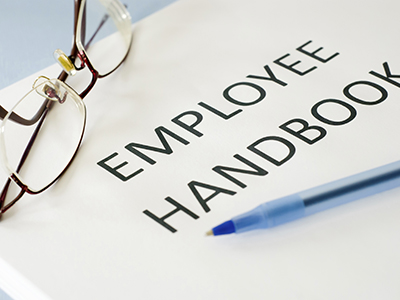HOW DO YOU TELL YOUR EMPLOYER THAT YOU ARE SICK?
 A week of sick leave may be enough if you get hit with the flu or a cold. But what happens when you have a chronic condition, such as Crohn’s disease, multiple sclerosis or diabetes, and the time you need off exceeds your number of sick days? Or, what protections do you have if you require major surgery?
A week of sick leave may be enough if you get hit with the flu or a cold. But what happens when you have a chronic condition, such as Crohn’s disease, multiple sclerosis or diabetes, and the time you need off exceeds your number of sick days? Or, what protections do you have if you require major surgery?
Does My Employer Have to Give Me Paid Sick Leave?
Workplaces vary dramatically in how they treat employees with illness, and unlike companies in other countries, U.S. employers aren’t required by law to provide paid sick leave to workers. According to the Department of Labor, only 73 percent of full-time workers and 26 percent of part-time workers in the United States receive paid time off for illness. Though the average amount of time off provided varies across occupations and industries, workers who get sick time receive between six to 12 paid sick days annually.
What Steps Should I Take if I Need Time Off from Work because of My Illness?
- Talk to your doctor about your diagnosis and prognosis as it relates to your ability to work.
- Look at your company’s employee handbook for policies on sick leave.
- Research online resources on work benefits.
- Inquire with your insurance company on benefits.
- Meet with your human resource representative about options suitable for you.
Are There Laws to Protect My Job if I Have an Illness?
Under the Family and Medical Leave Act (FMLA), employees can take up to 12 weeks off to deal with their own illness or to care for a seriously ill child or family member. Your employer is not required to pay you, although they may encourage you to use your accrued sick or vacation time. However, be aware that FMLA only covers people who work for companies with more than 50 employees and it is only required if you’ve worked a certain number of hours in the previous month. If you’re an employee of a small business or work only a few hours a week, your employer is not required to offer paid leave or hold your job while you recover from an illness.
Workers with chronic medical conditions, such as chronic pulmonary lung disease or epilepsy, may also be protected under the Americans with Disabilities Act (ADA), which requires employers to make adjustments for people with disabilities. In some cases, that may include extra time off to attend medical appointments or recuperate from treatments.
Though the Patient Protection and Affordable Care Act (PPACA) legislation enacted in September 2010 does not bring changes for paid sick leave requirements, health care reform does prohibit your insurance company from dropping you if you become sick. In addition, the PPACA also requires employers to notify you of your health insurance coverage and benefits along with providing your W-2, so you’ll be more informed about your insurance benefits.
How Much Should I Tell My Boss about My Illness?
You have to decide what is just enough information versus too much information to share about your illness; however, not telling enough information may risk you losing your job if you can’t get your work done. With some conditions, such as epilepsy, diabetes, and food allergies, it may be appropriate to inform co-workers.
What Resources Are Available for Sick or Disabled Workers?
These websites provide useful information on how to deal with work and a chronic illness or disability:
- U.S. Department of Labor’s Office of Disability Employment Policy – State Liaisons – This directory can help you locate state-specific disability employment services.
- Disability Planner: Social Security Protection If You Become Disabled
- Job Accommodation Network -This service provides information on workplace protections for people with disabilities.
- Family and Medical Leave Act (FMLA)
- Americans with Disabilities Act (ADA)
Resources reviewed June 2013
